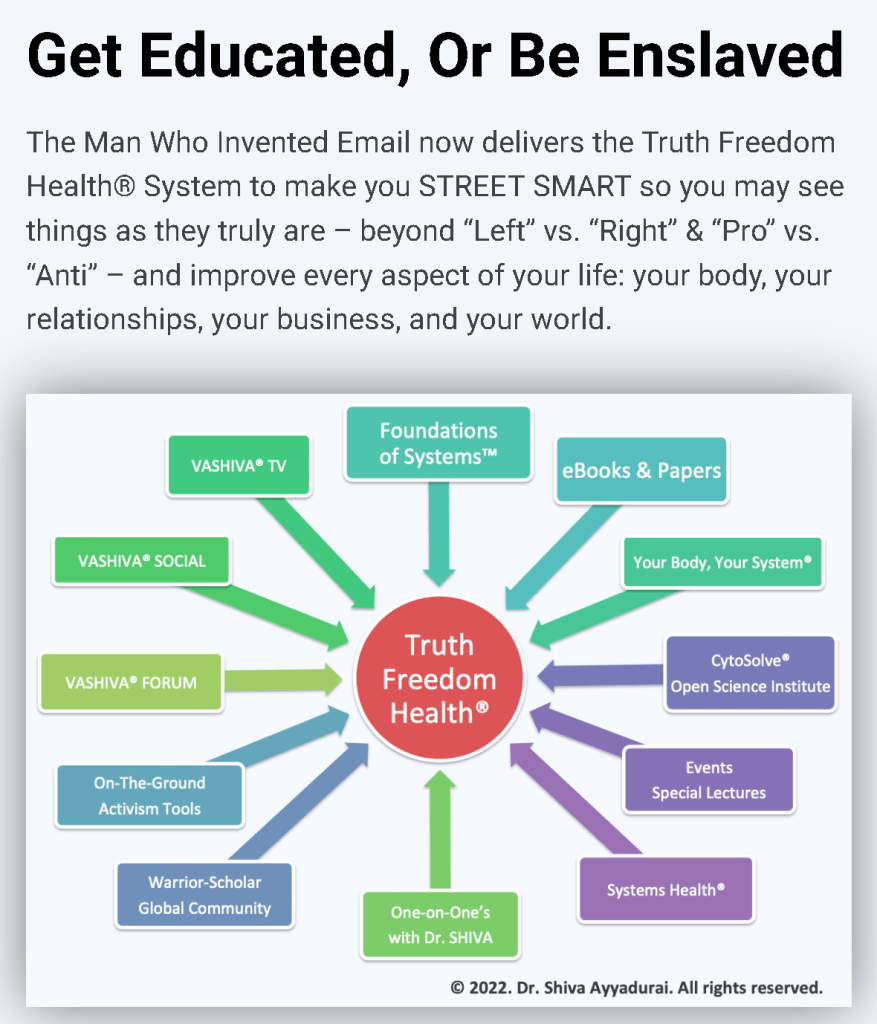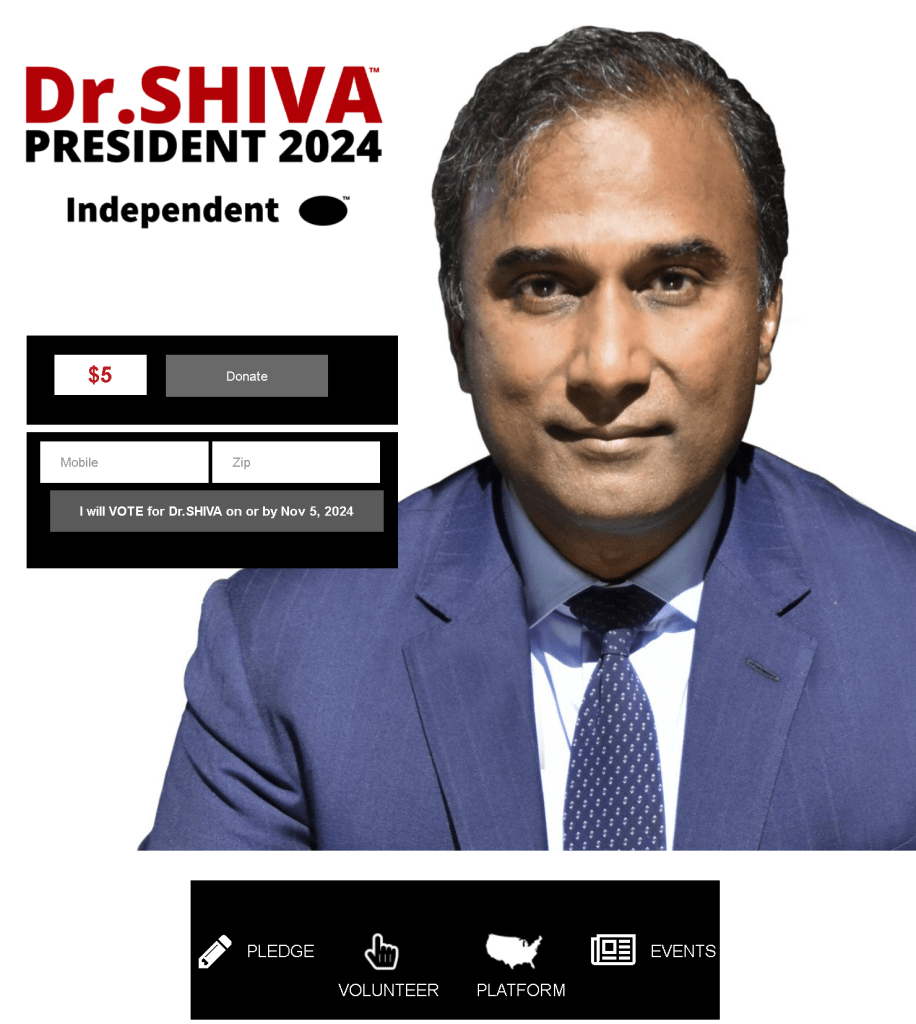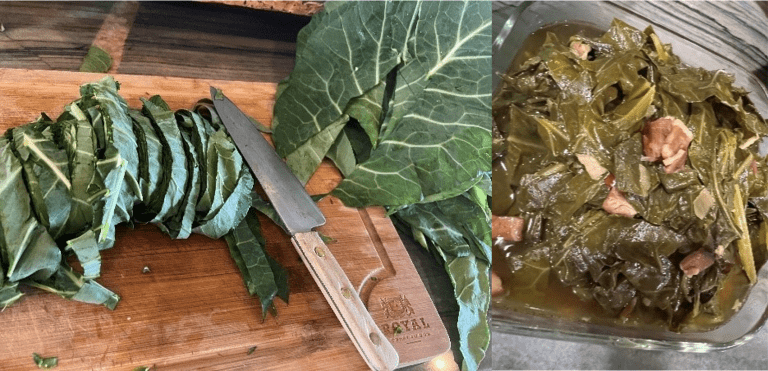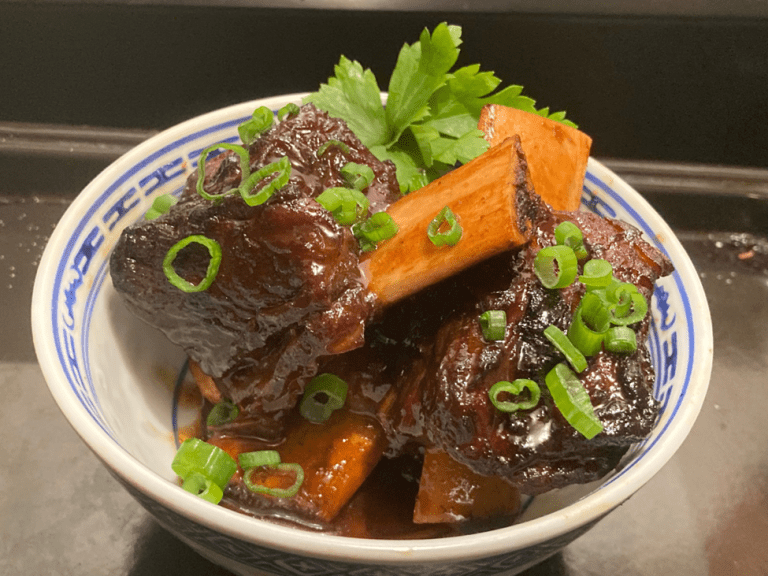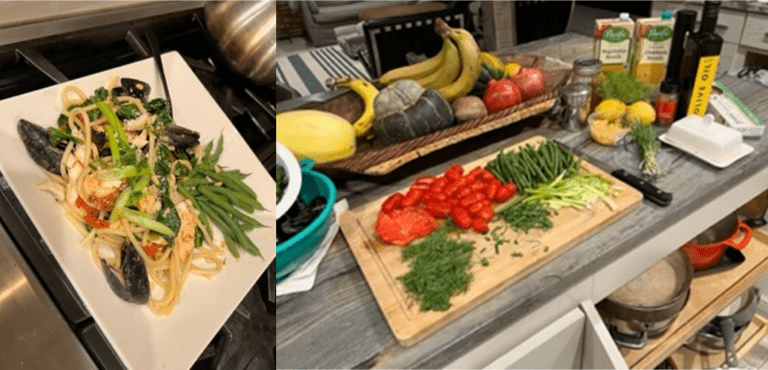- The food markets in Finland are shared by S-Group 46.1 and K-Group 36.6 %
- The groups say they are competing each other and each other’s prices
- They both advertise on how much you can save by centralizing your shopping to either of them
- Taxes account for approximately 45% of the price of food in Finland, and VAT on food is 14%
- Both groups – and Lidl have been involved in telling their opinion about fashionable topics for years now
- Small, privately owned shops are scattered all around the country so it’s not an option really
- Food stores are already openly using the customer data from the bonus/plus -cards to do research, for example “six types of customers according to their carbon footprint”
- Some people & families are divided between the two shop groups
- Offering jobs to Ukrainian refugees?
- Paying for and participating in the CO2-agenda even when you disagree, where’s the freedom of choice?

There used to be privately owned grocery stores, now the big ones have bought all of them.
There are mainly two groups of stores selling food in Finland, K- and S-groups. Both groups have small K- and S-markets, K-supermarkets are a bit bigger, and both have big department stores called “Citymarkets” and “Prisma’s”.
The food markets are shared by
S-Group 46.1
K-Group 36.6 %
Lidl Suomi 9.6 %
Others 7.7 %
This reminds me of the four buckets, mainly because the shops are usually placed next to each other and there’s no other alternatives really, only the two groups.
Some people & families are divided between the two, I know there has been nasty discussions when a man and a woman have moved in together.

I just checked the REDI shopping center, there were ads telling us how the “long awaited S-market” is going to be opened soon – surprisingly right next to the K-supermarket.
The groups say they are competing with each other and each other’s prices but that doesn’t convince me. Both groups have a bonus program which are different and hard to be compared.
They both advertise how much you can save by centralizing your shopping to either of them. They want people to identify with that shop and do all the shopping there to get bonuses or plus-points.
The collecting of bonuses and plus-points doesn’t end here:
Mobile phone services, pharmacies, petrol stations, opticians, restaurants, hotels, insurances etc.
The S-Group also operates the Sokos chain of department stores, ABC service stations, the hotel chain Sokos Hotels, several brands of restaurants, the Agrimarket chain, which sells agricultural and DIY supplies, and a number of car dealerships for Peugeot.
S-Group has 1900 shops, sales 12 329 million euros, 40 000 employees (which might seem like a small number, but remember there are only 5.5 million Finns).

The K-group has building services, car dealerships etc.
K-group has 1800 shops, 40 000 employees, sales 10 669,2 million euros.
These two companies have almost identical figures!
Lidl has 5 600 employees, 200 shops in Finland and 1.900 million sales. Lidl is owned by German Schwarz-Group. Lidl has the cheapest shopping bag in comparison and they’re also selling products from Finland.
In 2021, the price level of food and non-alcoholic drinks was 13% higher in Finland than EU average (Stat.fi)
“Taxes account for approximately 45% of the price of food in Finland, and VAT on food is 14%. If the price level of food for consumers rises significantly, we should consider lowering the VAT on food closer to the European average. No new taxes should be imposed on food, nor should the existing taxes be raised.”
The Finnish Grocery Trade Association (in Finnish: Päivittäistavarakauppa ry PTY)
Is the price of food really something to be taxed so heavily? Everybody must eat!

Companies have been involved in telling their opinion about fashionable topics
Climate “emergency”, equality, LBGT etc., supporting Pride, acting against the “Russian attack war”, CO2 -agenda, donating 700 000 € to Finnish Red Cross for Ukraine, joining UN Global Contact, selling stuff to fight cancer, donating something from your purchase amount to Ukraine etc.
What if people don’t want to donate and support these things! There is no alternative place to get food. Well, there are some local farm products available, but you can’t get everything you need from the farmers.

What about shopping in those 7.7% of the smaller shops?
There might be some small ones that have not committed to do the propaganda, but the shops are scattered all around the country so it’s not an option really.
I just checked “Tokmanni” department stores, who are selling dry foods, no fresh vegetables there, and they seem to be even worse! They are pulling all “Teboil” engine oils and lubrication products off the shelves, will keep donating the profits to Ukraine. (“Teboil” company sells Russian oil products in Finland but isn’t it all from Russia)
S-group is already openly using the customer data to research, for example “six types of customers according to their carbon footprint”. Next it will be carbon tax or punishments for the heavy CO2-footprinter shoppers…

The need for cheap labor
Cheap labor has always been very important for the money-making industries
What about the companies announcing they need labor? Can you really trust these guys?
“Lidl follows rival Aldi in offering jobs to Ukrainian refugees”
“The supermarket chain is seeking to fill 1,200 roles at a new distribution site in Luton.” “Lidl currently has 3,000 job vacancies across the UK.”
The Finnish government has said it will bring in nurses from Kenia, before it was from Asia. letting that statement out confirms what they are after.
Living in the World of “principles” is very frustrating; I am paying taxes so Finland – a “neutral” country can send firearms to Ukraine, thus participating in war.
I am paying for and participating the CO2-agenda even when I disagree.
Where is the freedom of choice?





















